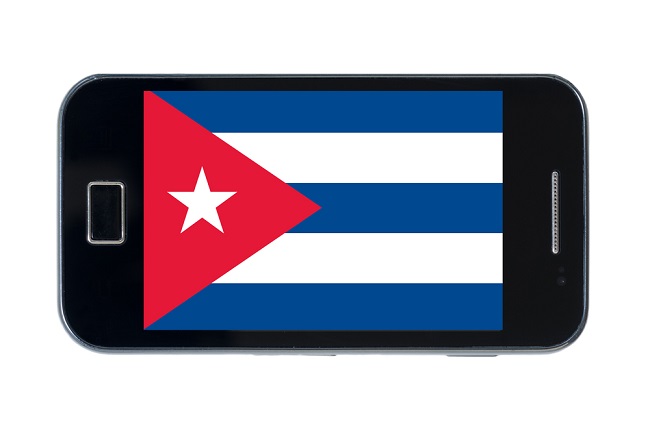Havana image via Wikimedia Commons
According to a new report, authorities within the US government created an SMS messaging service based on Twitter to undermine Raul Catro’s government and spread misinformation.
According to the Associated Press (AP), the service known as ZunZuneo, slang for hummingbird in Cuba, would let mobile phone users in the Communist state to receive messages 140 characters or fewer, just like Twitter, over a range of topics from sport, weather and entertainment.
Currently, the Cuban government has a tight control on the country’s internet use and is considered one of the least free places in the world in terms of internet access and censorship.
However, according to this recent AP report, the US government, having funded the project, aimed to eventually send messages which would be critical of the Cuban government and its ruler Raul Castro, brother of legendary revolutionary leader, Fidel Castro.
The service became popular with Cuba’s young, tech-savvy population as aside from being a way of keeping up to date with the latest news, people could send messages between each other free of charge.
In the same way as Twitter, users could follow other users by sending messages to follow to their favourite ZunZeneo users.
At the height of its popularity, it had an estimated 40,000 daily users, however, no one was aware of its origins in the US Agency for International Development (USAID), which aims to spread democracy as one of its core goals.
Having obtained more than 1,000 documents linking the US government to the ZunZuneo service, AP found one memo showing that the government feared being revealed as being behind ZunZuneo.
“There will be absolutely no mention of United States government involvement. This is absolutely crucial for the long-term success of the service and to ensure the success of the Mission.”

An Irish connection
The service itself was created by a contracted developer, in this case James Eberhard, CEO of Denver-based Mobile Accord, who had previously worked with text donation appeals in Haiti.
According to the report, both Eberhard and USAID had devised a scheme to operate the service from the Cayman Islands, which would allow them to deny any part in the whole operation and the messages based in servers in both Spain and Ireland.
The mission being the creation of a ‘Cuban spring’, similar to what happened during the Arab Spring that began in 2010.
The service has since ended after the USAID ran out of funding and not one negative message aimed at the Cuban government was ever issued.
Ironically, its last message, posted on Facebook, said “¡Que viva el ZunZuneo!”, or “Long live Zunzuneo!”
Cuba mobile image via Shutterstock